Private Music Lessons for Your Child
Private Music Lessons for Your Child
For anyone who wants to “make music,” the question of private music lessons often comes up. This includes your child who might express interest in learning to play an instrument or sing.
The Question of Mandatory Participation
While most people (and some studies, according to The New York Times) agree that private music lessons can be of great benefit to your child, the question of mandatory participation by children is, nonetheless, problematic.
Syndicated columnist and family psychologist, John Rosemond, in the Akron Beacon Journal, put it bluntly saying, “I don’t approve, generally, of forcing children into activities they don’t want to be in.”
Rosemond pointed out that forcing a child to take music lessons might discourage the child from participating in other activities later for fear of being forced to continue if he just doesn’t like it.
Some Questions to Ask Yourself
Assuming your child is at least willing to entertain the notion of private music lessons, Psych Central suggested parents ask themselves some questions before beginning the process:
1. Do you believe private lessons are a way for your child to experiment to see if she wants to learn or is musical competence a family value?
2. Do you care what instrument your child plays or are you willing to let him decide?
3. Is making time for practicing a priority or do you think it’s enough to fit it in when you can?
Your answers to these questions will not only help you set realistic goals, but will probably influence your child’s attitude as well.
Consider the School Music Program
At some point, public school children typically have the option of joining the school band, orchestra, or chorus as a beginner. In a growing number of schools, this happens in middle school (Grade 6). Elementary schools often feature an after-school chorus, but rarely have instrumental music.
While some schools offer instruction in piano or keyboard, few do so unless it is “class piano” as part of a general music program — often in middle school.
Find out where the entry points are for the various music programs in your child’s school. This may have much to do with when or even if your child takes private music lessons.
Let the School Take the Lead
It’s perfectly OK to let your child go through at least the first year or two of school-provided instruction before even considering private lessons. For one thing, this gives your child plenty of time to decide if he enjoys music and wants to continue.
On the other hand, if your child shows exceptional interest or if you just want your child to have a “leg up,” private instruction can start anytime — including as a beginner. This is really your call.
Cost of Private Lessons
You need to be sure you are prepared to pay all of the costs associated with your child’s participating in music, including buying (or renting) an instrument, instruction books, and, if appropriate, private lessons.
The cost of private lessons varies depending on your location, the experience level of the teacher you hire, and the “going rate” in your community. While there are no hard and fast rules, as an example, The Harmony House in Kennesaw, GA lists costs of just under $100 per month for once-weekly 30 minute lessons for most instruments. That works out to about $25 for a half-hour lesson.
Finding the Right Teacher
Once again, your local public school may be the best place you can go for advice about a great teacher for your child. In many cases, private teachers teach in the public schools (typically after school).
Local music stores usually have studios where private teachers come in and teach and are another good resource. If your public school doesn’t offer private lessons, ask the school music teacher for recommendations of teachers in local music stores or other private studios.
Some private teachers teach in their homes or in local churches or other community facilities. It’s important for you to feel comfortable about the location, especially when the teaching is being done in a private home. Get recommendations — more than one — from parents of former students, teachers, or anyone else who knows something about this music teacher.
One online “booking” agency, called TakeLessons, offers to connect you with a private teacher who is vetted, has had a background check, and is otherwise pre-screened. According to the website, the agency even offers a “Money Back” guarantee if you are not satisfied after the first lesson.
Your Responsibility as a Parent
PsychCentral reminds you that your duties as a parent include:
• Reminding your child to practice. This helps make the results of each lesson more meaningful.
• Being enthusiastic. Talk to your child after each lesson, just as you do when they come home from school. Find out what they are doing, what they enjoy, and just as importantly, what they do not enjoy.
• Providing encouragement. No matter how talented your child is or how much she enjoys playing or singing, there will be obstacles. Make sure you are there to lift her up when she needs it most.
If you are an adult wanting to learn the piano, please go to “Crash Course In Exciting Piano Playing”.
http://en.wikipedia.org/wiki/Music_lesson
——————————————————————————————————————————————————————-


